Photo report: the Ocean Grazer
Together with company Ocean Grazer BV, the University of Groningen is working to develop the ‘Ocean Grazer’: a system to harvest and store energy from the sea. The Ocean Grazer harvests energy from waves on the water surface via an ingenious system of adaptive buoys, which together form a so called floater blanket. The buoys in turn drive pistons that provide a flexible bladder on the sea bed with potential energy. Internally, the system pumps water from a low to a high pressure. The pressure difference ensures energy storage in the pumped fluid. The Ocean Grazer also houses wind turbines and thus harvests multiple energy sources simultaneously, with on-site storage. Marijn van Rooij, project leader of the Ocean Grazer research project: ‘In principle, we can generate enough renewable energy globally, but storing energy to use it when demand is there is still a puzzle. With the Ocean Grazer, we can do that.’
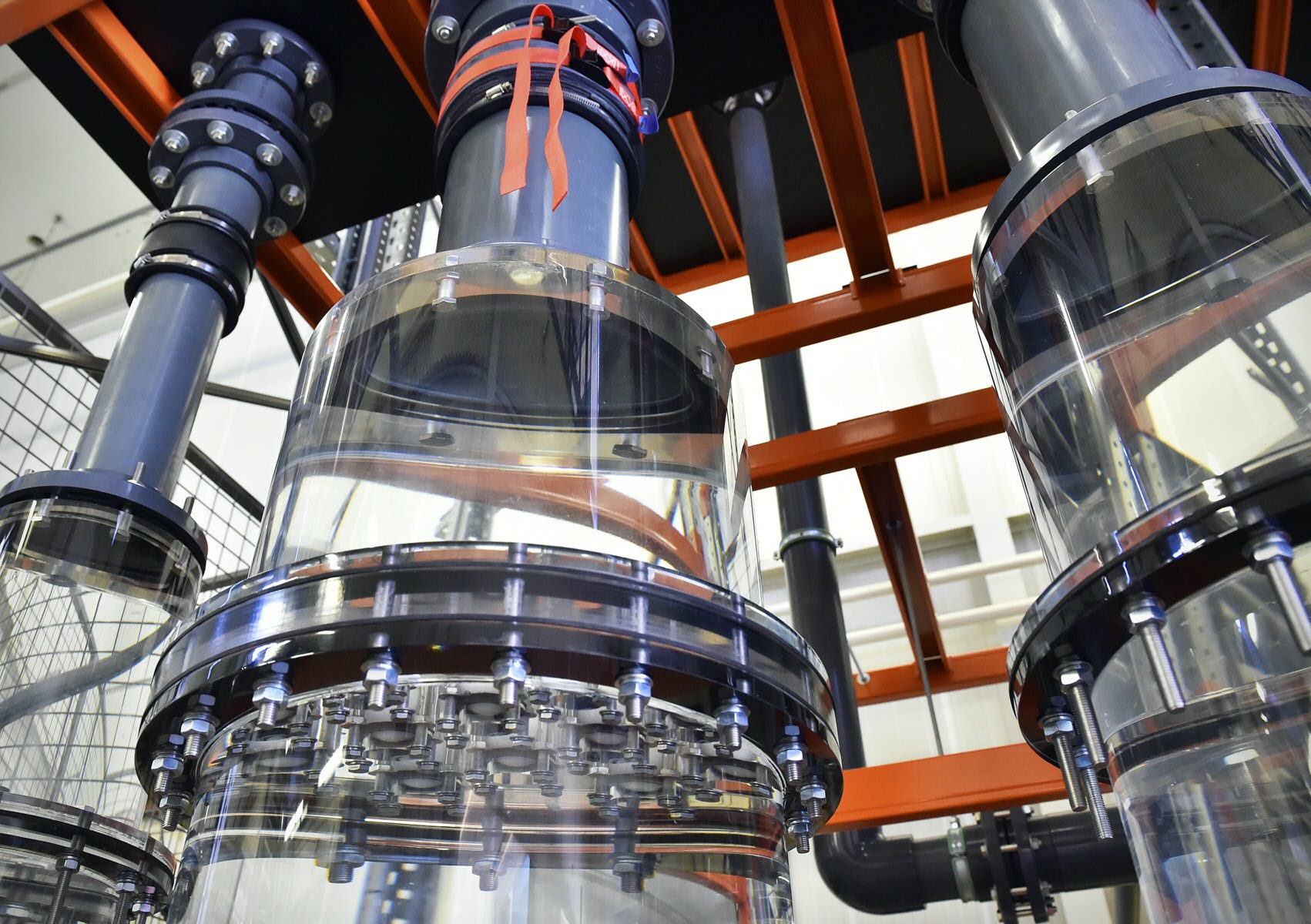
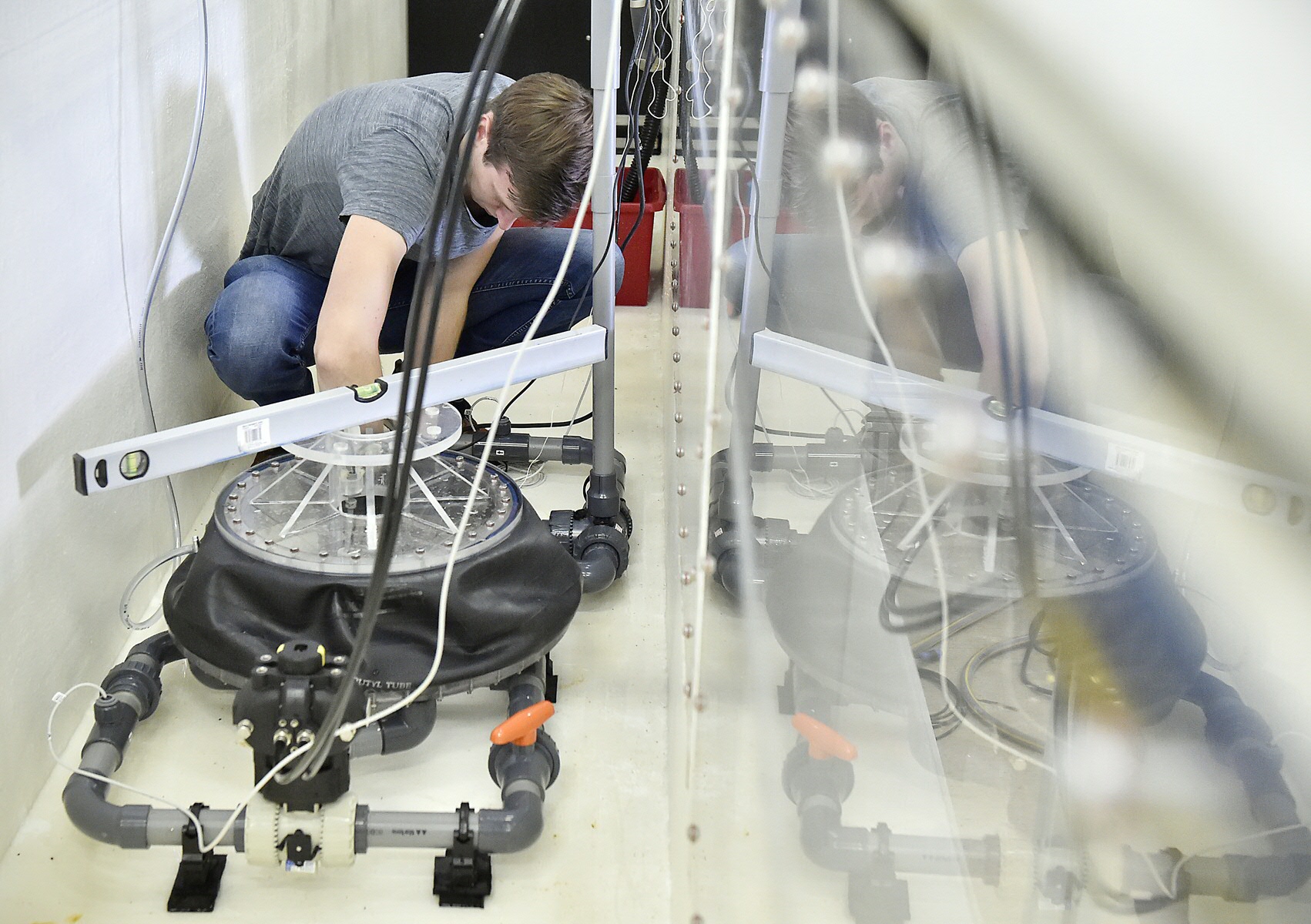
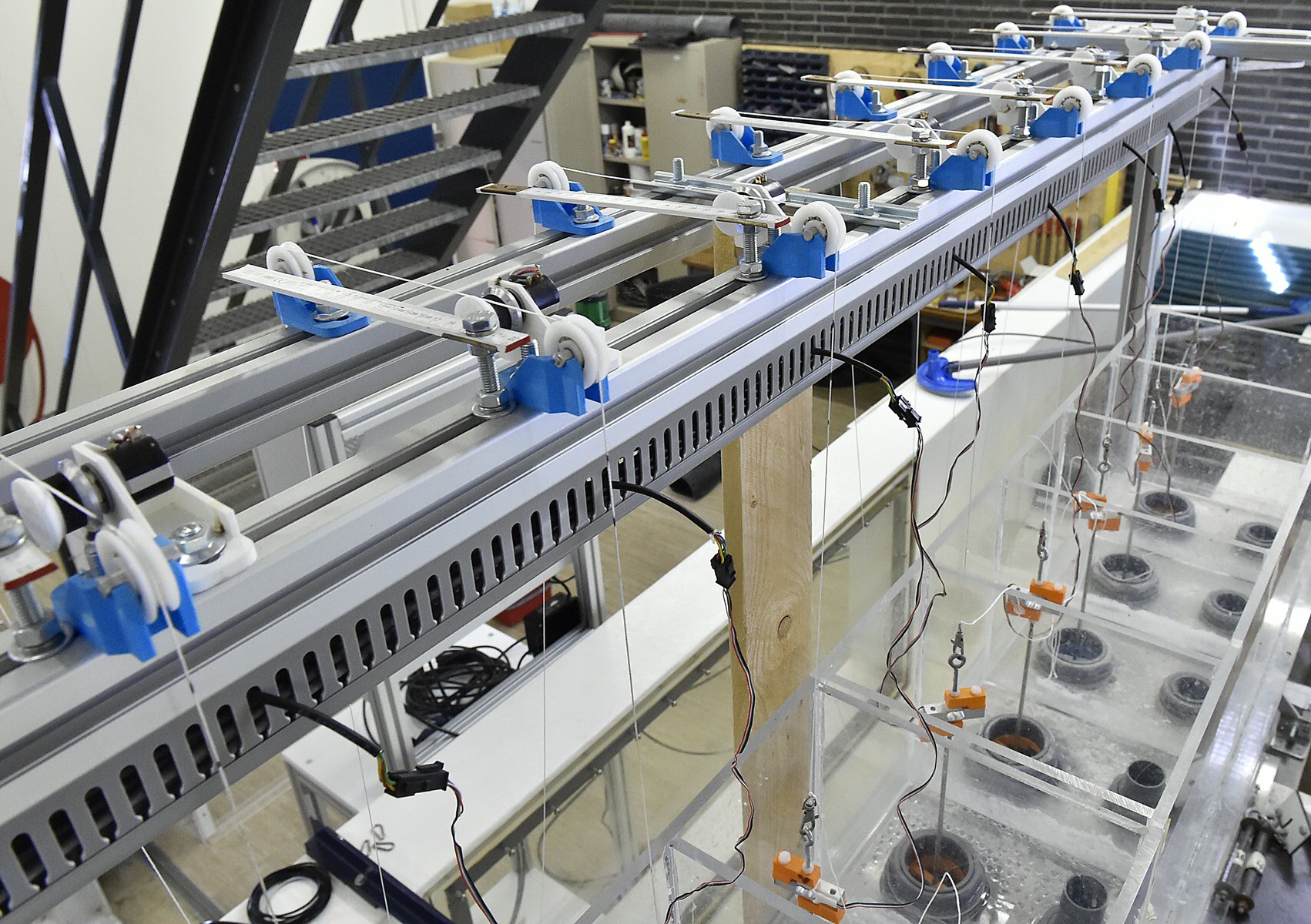
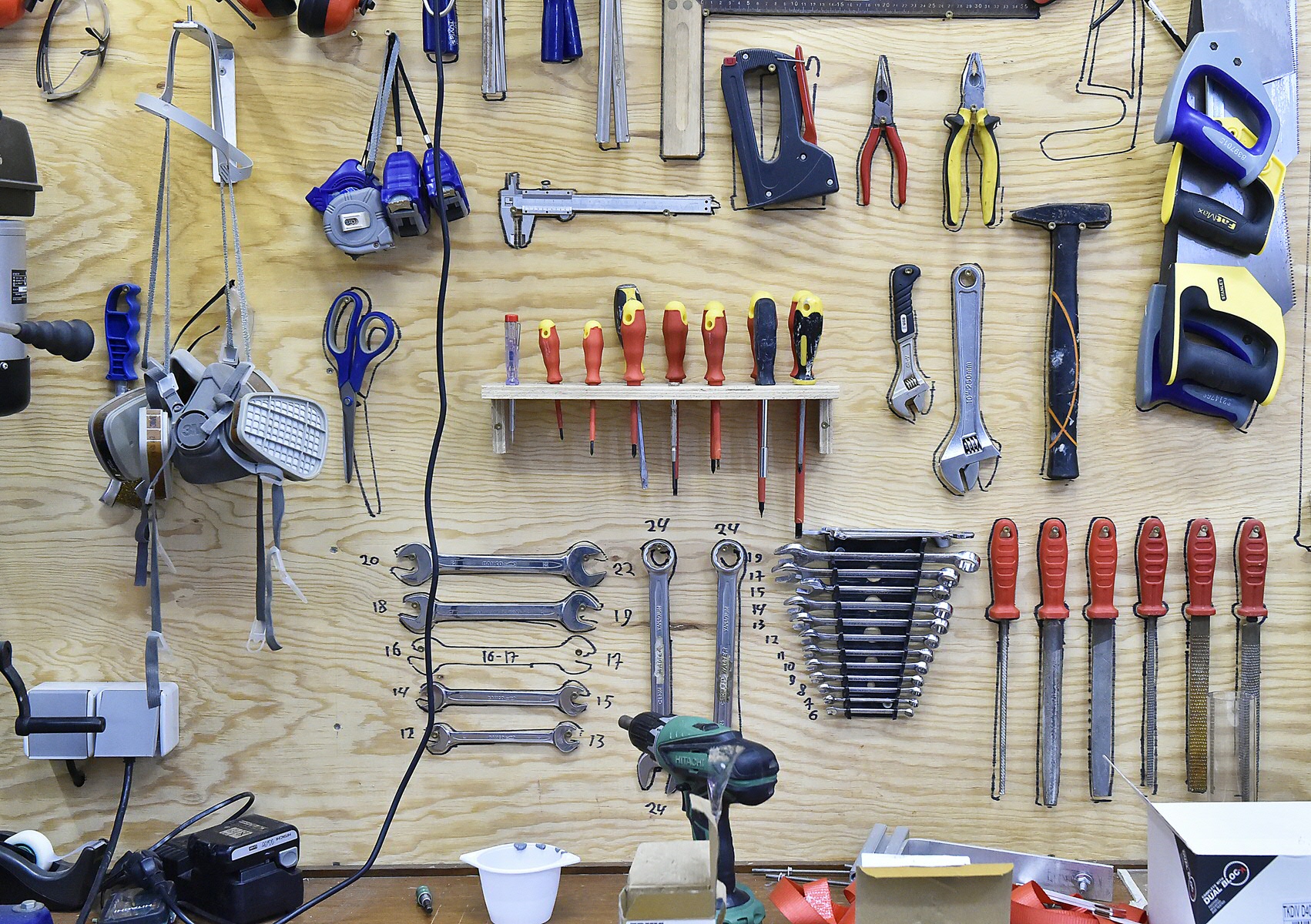

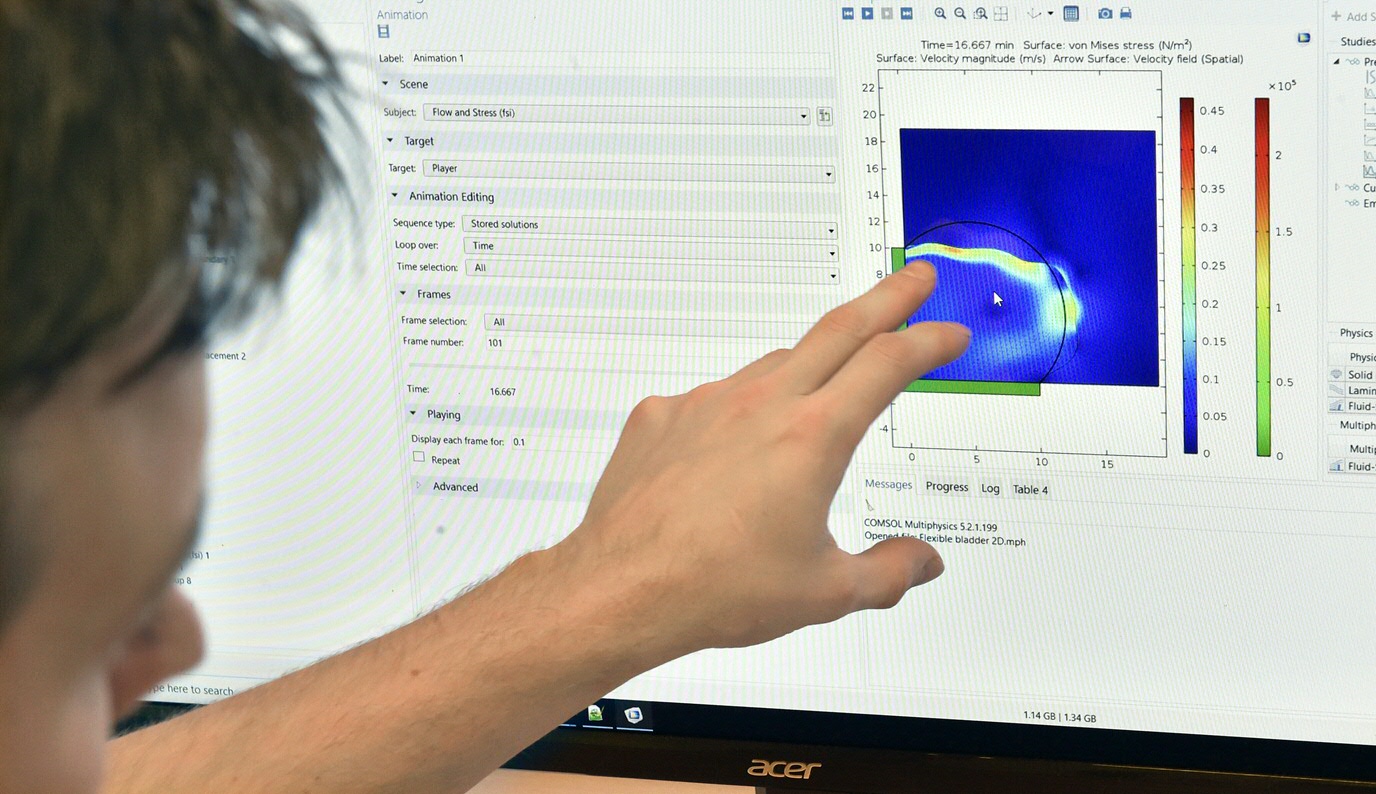
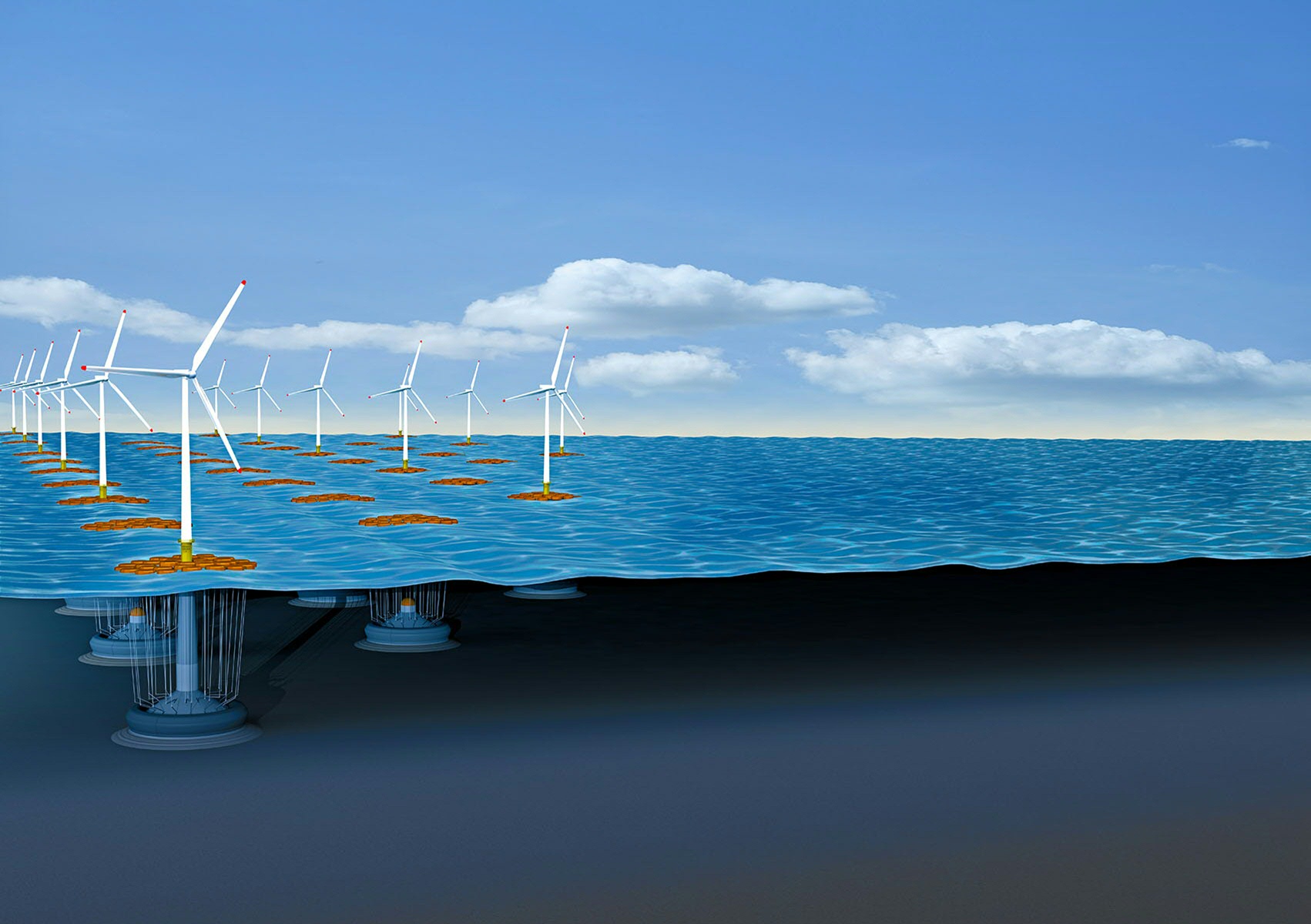
In the last four years, around 60 students have contributed to the research and development of the system. ‘What is great is that this isn’t only fundamental research, but that we can work out and test everything directly in practice: engineering in its optimal form!’ For the time being, the team is still working on the system. Van Rooij expects that a final version, with a base of 60 metres in diameter and a water depth of 50 to 100 metres, will be able to turn waves and wind into energy in around 10 years’ time. The storage system also works separately, and can therefore be put on the market earlier.
This photo report (photos by Elmer Spaargaren) gives you a look behind the scenes of the work at the Ocean Grazer project. You can find more information at the website of the Ocean Grazer.
| Last modified: | 12 March 2020 9.23 p.m. |
More news
-
03 April 2025
IMChip and MimeCure in top 10 of the national Academic Startup Competition
Prof. Tamalika Banerjee’s startup IMChip and Prof. Erik Frijlink and Dr. Luke van der Koog’s startup MimeCure have made it into the top 10 of the national Academic Startup Competition.
-
01 April 2025
NSC’s electoral reform plan may have unwanted consequences
The new voting system, proposed by minister Uitermark, could jeopardize the fundamental principle of proportional representation, says Davide Grossi, Professor of Collective Decision Making and Computation at the University of Groningen
-
01 April 2025
'Diversity leads to better science'
In addition to her biological research on ageing, Hannah Dugdale also studies disparities relating to diversity in science. Thanks to the latter, she is one of the two 2024 laureates of the Athena Award, an NWO prize for successful and inspiring...
